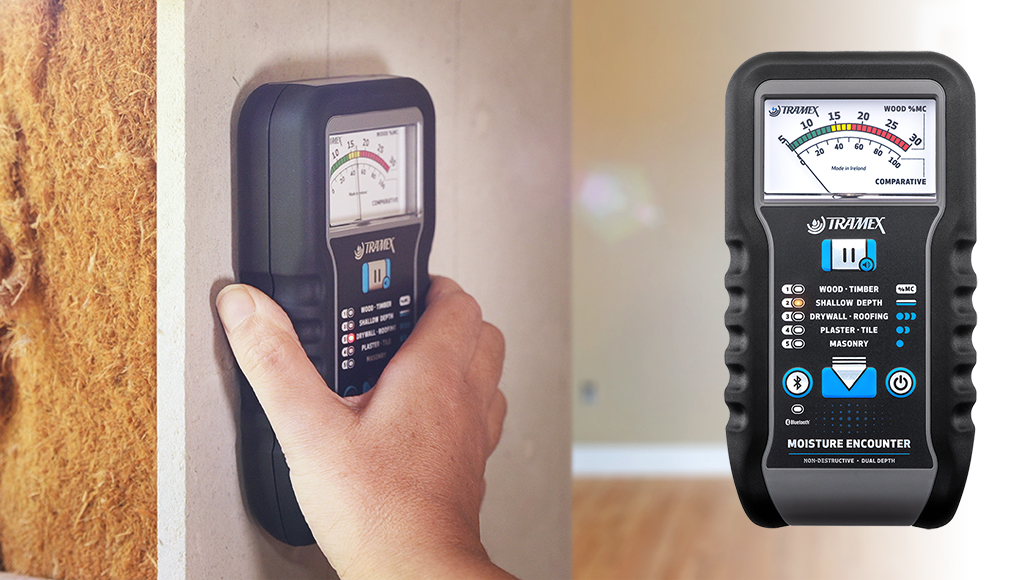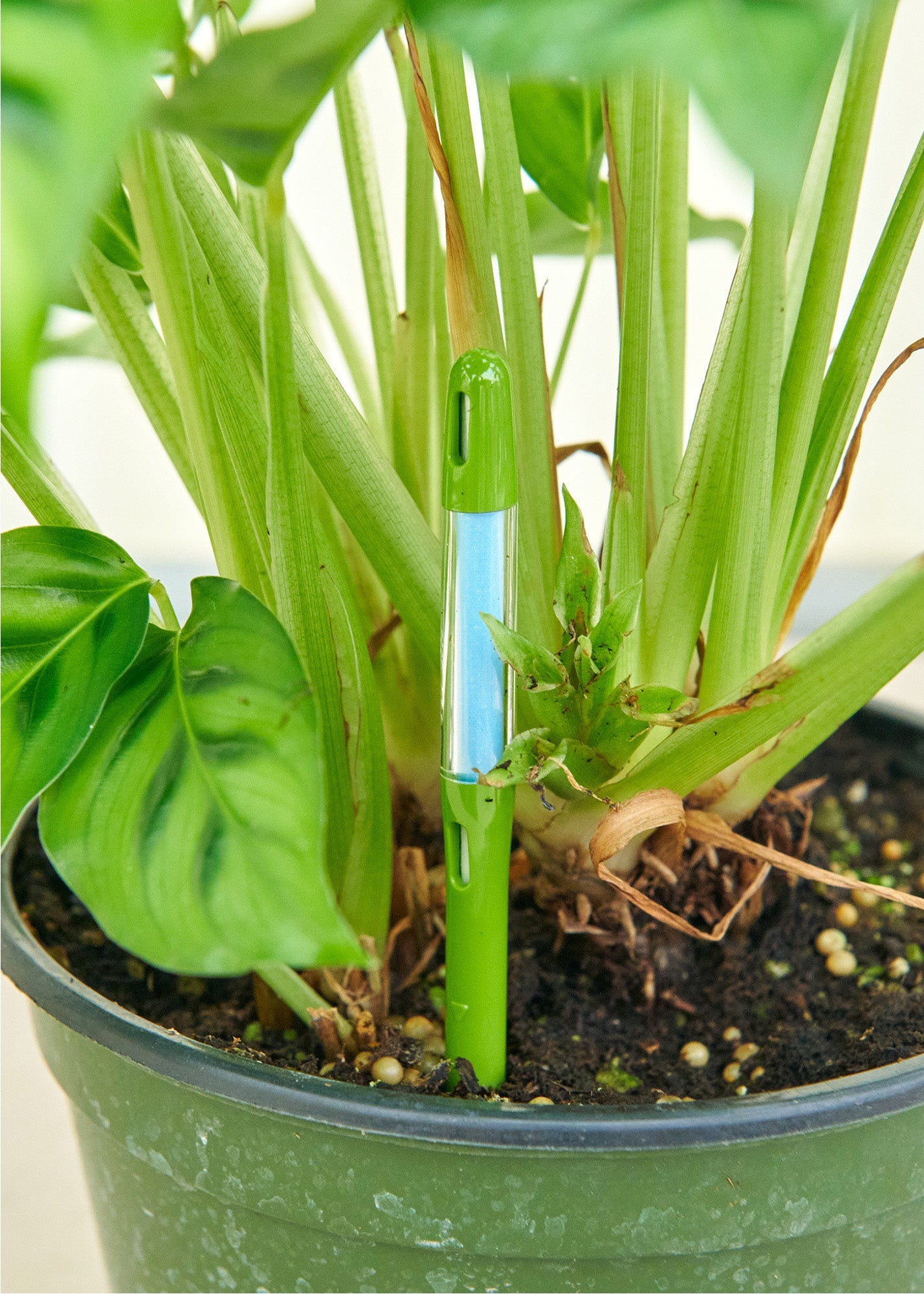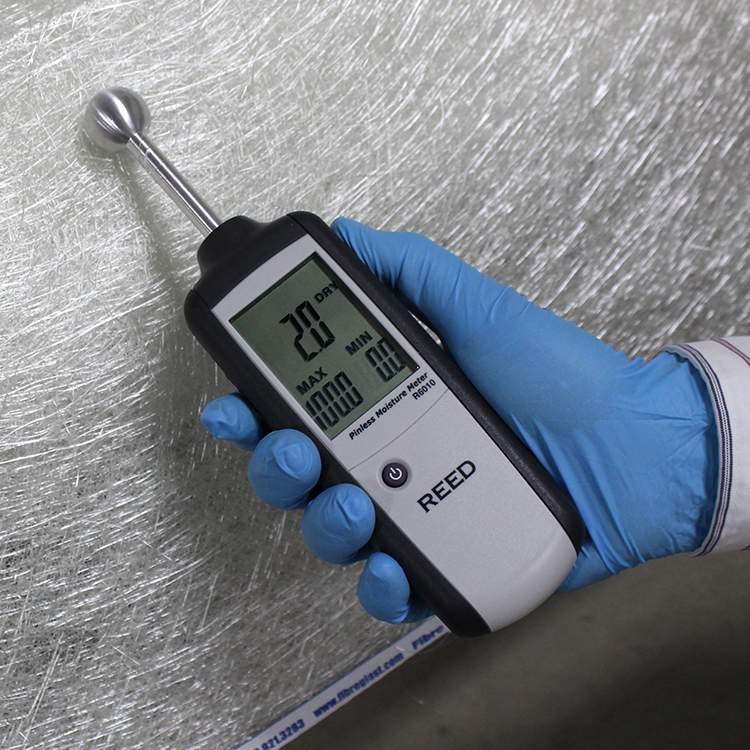The Ultimate Overview to Moisture Meters: A Comprehensive Summary and Exactly How They Can Save You Cash
In the world of building maintenance, construction, and various sectors, the value of precisely measuring dampness levels can not be overstated. Dampness meters function as important tools in detecting and keeping an eye on moisture material in materials, assisting in stopping costly problems and ensuring the top quality of products. Recognizing the subtleties of different kinds of wetness meters, their applications, and the prospective cost-saving advantages they provide can be a game-changer for experts and organizations alike. Finding just how these gadgets can not just improve procedures yet additionally contribute to economic savings is a trip worth embarking on.
Sorts Of Moisture Meters
Various kinds of dampness meters are available for various applications in numerous markets. One common type is the pin-type dampness meter, which measures the electrical resistance in between two pins placed right into a material. This type appropriates for timber, drywall, and various other building products. Pinless dampness meters, on the other hand, use electro-magnetic sensing unit plates to check a bigger area without triggering damages to the product's surface. These meters are optimal for promptly evaluating wetness levels in big areas such as floors and wall surfaces.
Additionally, there are likewise specialized moisture meters created for specific materials like hay, grain, or soil. These meters provide exact moisture readings tailored to the unique residential or commercial properties of the material being tested. Infrared moisture meters measure the thermal residential properties of a material to determine its moisture content non-invasively, making them useful for applications where pin or pinless meters may not be suitable. Recognizing the various kinds of dampness meters offered can assist markets choose the most appropriate device for their details wetness measurement needs.

Advantages of Using Moisture Meters

Moreover, utilizing wetness meters can lead to increased energy performance. In farming settings, moisture meters play an essential role in maximizing plant yields by enabling farmers to monitor dirt dampness levels and make informed watering decisions.
How to Select the Right Moisture Meter
Picking the suitable wetness meter entails taking into consideration crucial variables such as product compatibility, dimension variety, and calibration accuracy. When picking a wetness meter, it's necessary to guarantee that the meter appropriates for the particular product you will be screening. Different products have differing electric residential or commercial properties that can affect dampness readings, so picking a meter developed for your product is vital for accurate results. Additionally, take into consideration the measurement array of the wetness dig this meter. Ensure that the meter can identify moisture degrees within the array required for your applications. Calibration accuracy is an additional vital variable to keep in mind (Moisture Meter). Choose a moisture meter with trustworthy calibration to ensure exact and consistent readings. Some meters might call for regular calibration changes, so understanding the calibration process is very important. By carefully reviewing these factors, you can select a wetness meter that fulfills your needs and offers precise moisture measurements for your projects.
Correct Techniques for Moisture Meter Usage
To make sure precise dampness readings and optimize the performance of a moisture meter, employing proper techniques is necessary. When making use of a pin-type dampness meter, insert the pins or probes into the material being tested until they make full get in touch with. Make sure the pins are vertical to the surface area to get one of the most precise analysis. For pinless dampness meters, hold the gadget flat against the material and relocate it gradually to cover the whole area for a typical reading. It's vital to adjust the dampness meter according to the product being examined to visit this site boost precision. Take several readings across the surface and average them out for a more dependable result. Additionally, ensure that the product being examined is acclimated to the environment to protect against manipulated readings. Regular upkeep of the dampness meter, such as cleansing the pins or sensing unit, is likewise important to ensure regular and exact readings. By complying with these proper techniques, customers can depend on their moisture meter to provide reliable wetness levels, assisting in stopping costly damages or making sure high quality in various applications.

Price Financial Savings Through Moisture Meter Applications
How can the calculated use of dampness meters lead to substantial cost savings across different markets? In the agriculture market, wetness meters help in figuring out the optimum time for collecting crops, preventing over-drying or excess wetness that can influence the last item's top quality.

Additionally, in the food processing market, wetness meters are vital for keeping an eye on product high quality and guaranteeing compliance with safety regulations. By accurately measuring dampness web content in foodstuff, makers can stop putridity, maintain freshness, and reduce waste, causing significant expense savings. In general, the strategic application of dampness meters is a beneficial financial investment that can bring about substantial price reductions and improved performance throughout various markets.
Conclusion
In final thought, dampness meters are important devices for gauging and detecting wetness degrees in numerous materials. By using the appropriate moisture meter and following appropriate strategies, customers can efficiently stop pricey problems caused by excess wetness.
Wetness meters offer as indispensable tools in discovering and checking moisture web content in products, aiding in avoiding expensive problems and making sure the top quality of items. Infrared dampness meters gauge the thermal homes of a material to identify its dampness web content non-invasively, making them beneficial for applications where pin or pinless meters might not be ideal.Dampness meters use very useful benefits in properly analyzing and keeping an eye on moisture levels in varied materials and settings. In farming setups, wetness meters play a critical duty in enhancing crop yields by enabling farmers to monitor soil moisture degrees and make notified irrigation decisions.In verdict, wetness meters are useful tools for gauging and identifying wetness levels in numerous products.
Comments on “Moisture Meter Reviews: Contrasting the Best Designs for Specialist and Do It Yourself Use”